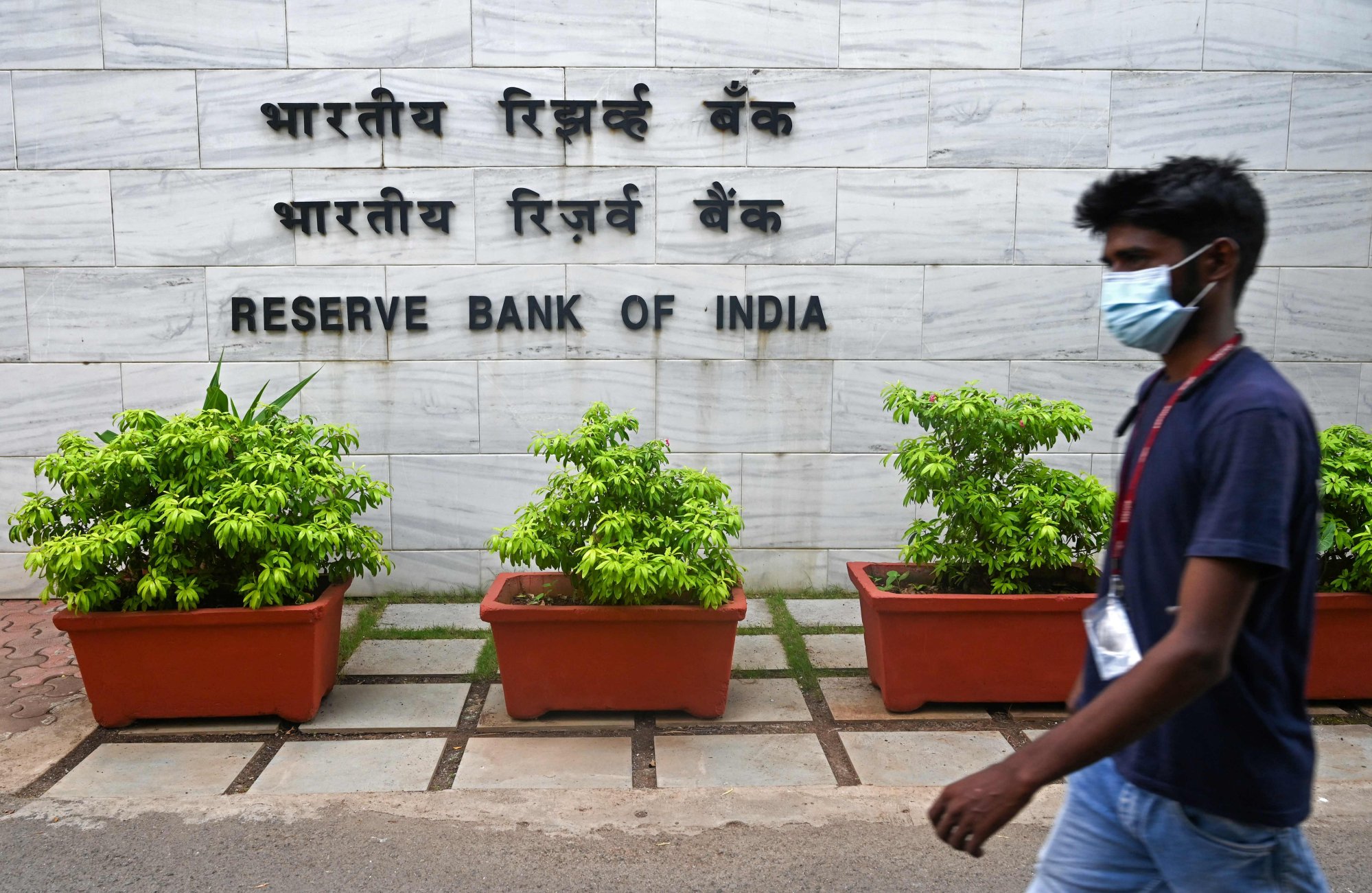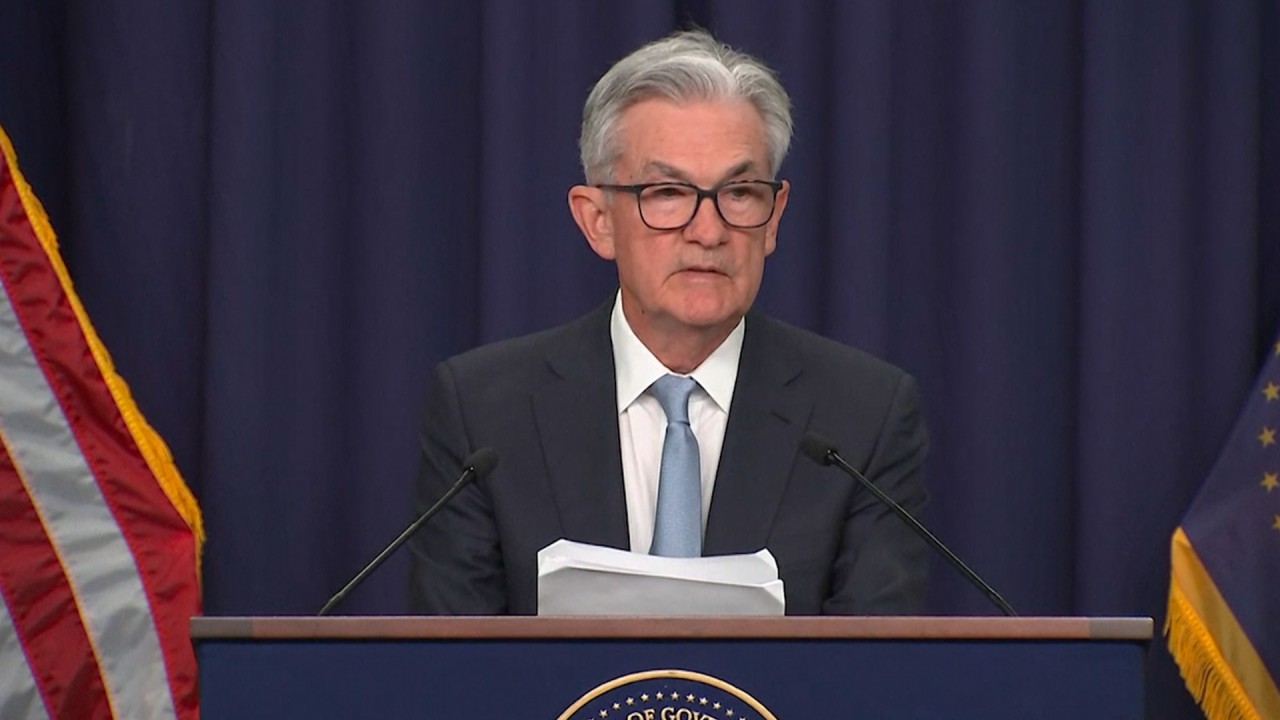
Why Asia’s gradual Covid-19 recovery means it has less to fear from rising inflation
- Countries like the US that went big on economic stimulus are now having to back-pedal just as sharply
- Most Asian countries are entering their post-pandemic phase more slowly, giving supply time to catch up with demand. Plus, forex reserves are sufficient to ease anxiety over currency depreciation
The short answer is “no”. Asian economies are still highly connected to the US and European economies. However, there are some notable differences that allow Asian central banks to be more flexible in policy normalisation.


In Asia, governments did provide some relief to families and businesses in 2020 but this was scaled back in 2021. Subsequently, the pent-up demand is likely to be smaller.
Nonetheless, with domestic demand in the region on a stronger footing, there will probably be some pickup in prices in the coming quarters. Indeed, some central banks are already raising interest rates pre-emptively, such as South Korea, India and Taiwan. More may well do so in the second half of the year, but gradually.
The current market expectation is for the Fed to raise its policy rate, which was zero at the start of the year, to 3.5-3.75 per cent by the end of the year. This would be some of the most aggressive policy tightening in recent decades.
There are three other reasons Asian currencies’ depreciation is more muted this year. First, most are cheap relative to their own history. Second, most Asian economies run a healthy current-account surplus and have ample foreign exchange reserves. Both factors are important for reinforcing investor confidence.
Should Hong Kong raise its minimum wage to keep up with inflation?
Third, after adjusting for inflation, Asian interest rates in real terms are still attractive relative to the US dollar and other major currencies.
While each bank sets its own prime rate according to its own business conditions, commercial banks will have to follow suit eventually as Hibor rises. A three-month Hibor rate of 3 per cent could be the point where more banks start to raise this benchmark rate.
Overall, it would be reasonable to expect mortgage payments to rise further. Given the various safeguards introduced by the HKMA to improve the property market’s resilience, such as on loan-to-value ratios and stress tests on affordability, higher rates should not create too much volatility in Hong Kong’s real estate market.
Tai Hui is chief market strategist for the Asia-Pacific at JP Morgan Asset Management


